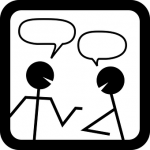Distressing beliefs

Information
Here you’ll find answers to some common questions concerning distressing beliefs
Select the underlined causes below to see more.
If you start to notice that you have strong beliefs that are not shared by others, and which cause you to feel distressed this can be a frightening experience. These kinds of beliefs may be similar to the belief that people are following you or plotting to harm you in some way. Other unusual beliefs may be that people on the television are talking about you, or that secret cameras have been installed in your home, or that your food is being poisoned.
Many of us have some unusual beliefs that can’t actually be proved for example, a belief in telepathy or ghosts and they are not necessarily a sign that we have a mental health problem. However if your unusual beliefs are starting to feel confusing or causing you to feel frightened or distressed, you are not on your own and help is available.
- A British survey of more than 8,500 adults found that 21% of people thought there had been times when others were acting against these beliefs.
- A further 9% said they had believed that their thoughts were being controlled or interfered with by some outside force or person.
- 1.5% also said there had been times when they’d felt people were plotting to cause them serious harm.
(from Understanding Psychosis Psychological Perspectives please see Useful documents)
Although most of these people do not come into contact with mental health services. The people who access services are usually those who are most distressed by their beliefs, whereas others with similar beliefs may manage to live alongside them without too many problems
There are lots of reasons as to why people might develop distressing beliefs and for most people there is no simple answer to this question. Research has shown that there are some factors that can increase the likelihood of developing such beliefs. For example, having a family member who has had similar experiences may increase the risk of developing distress beliefs. Other things that may make someone more PRONE to developing distressing beliefs and may occur in combination (but not limited to) include;
- Stress and life events e.g. starting college or a new job, relationship breakdown, money or family problems.
- Traumatic life events e.g. bereavement, domestic violence, serious assault or injury
- Sleep deprivation
- Ethnicity & Inequality e.g. isolation, racism, poverty and social disadvantage.
- Abuse of any kind e.g. Bullying, Physical, Emotional, Sexual, Child abuse or Neglect
- Biology e.g. brain structure and functioning, damage, genetic and neurotransmitters.
- Physical health issues e.g. fever, delirium, post aesthetic
- Using substances either illegal or prescribed.
Of course, these are things which many people have had experience of WITHOUT developing any mental health problems. We still do not know why some people develop such beliefs and others don’t. More research is needed.
Different people call these experiences by different names. Some people described it as having “unusual” or “distressing beliefs”, others may call it “false beliefs”. Doctors may call it “having delusions”. These beliefs can be frightening and disrupt your life. At the same time these beliefs can also be a comfort for others who experience them.
- You may feel things you hear on the TV or social media may refer to yourself.
- You may feel that everyone else is out of sync – not you.
- You may feel that everyone is against you.
As a result you may not be able to enjoy things like you used to.
How we develop these kinds of beliefs can be affected by the way we make sense of the world. Our past experiences can shape the way we experience and interpret the present. Sometimes the conclusions we come to can be frightening and sometimes we makes mistakes.
If you’ve experienced anything like bullying you may have low confidence and self-esteem and may find it harder to trust people. This can lead you to feel more suspicious of others and wary of their intentions. This is also seen as a coping strategy you’ve developed to protect yourself.
Some people have particular thinking styles and sometimes these are unhelpful, for example, some people are quicker than others to jump to conclusions or misinterpret situations in a paranoid manner or think the worst may happen.
Feeling stressed, anxious, depressed or overwhelmed also has a big effect on how you think about things.
So, there are many reasons someone might come to believe (or fear) something that other people don’t, or which others find strange or unusual.
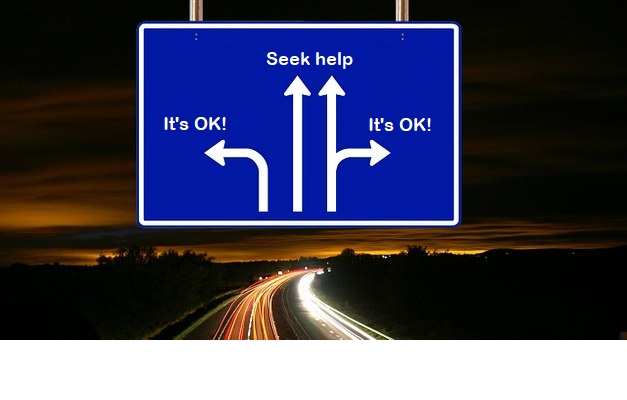
Coping with
Top tips to cope if you have worries about distressing beliefs
The following buttons are self-help suggestions
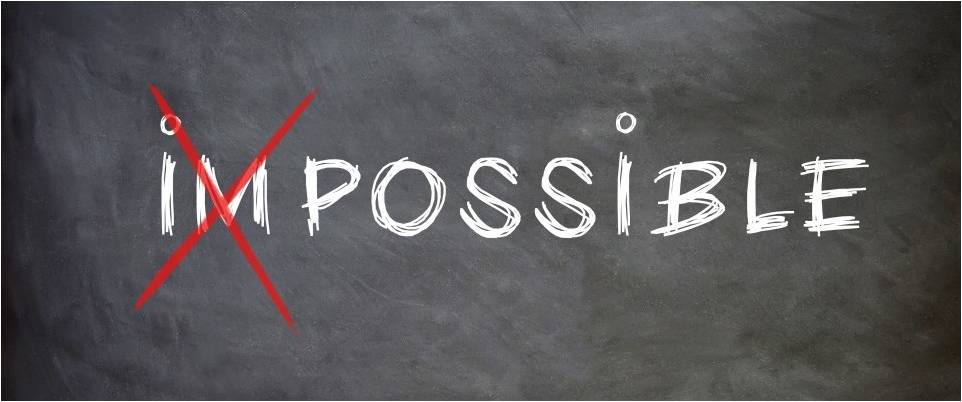
Finding help
Who can you talk to?
- Supportive family, friends.
- Your GP
- Join a support group
- Avoid or reduce alcohol or illicit drugs.
- Avoid putting yourself under too much stress than you need to.
- Avoid keeping things to yourself.
- Avoid negative relationships where there are a lot of stress and criticism.
Select the underlined topics below to view what resources are available.
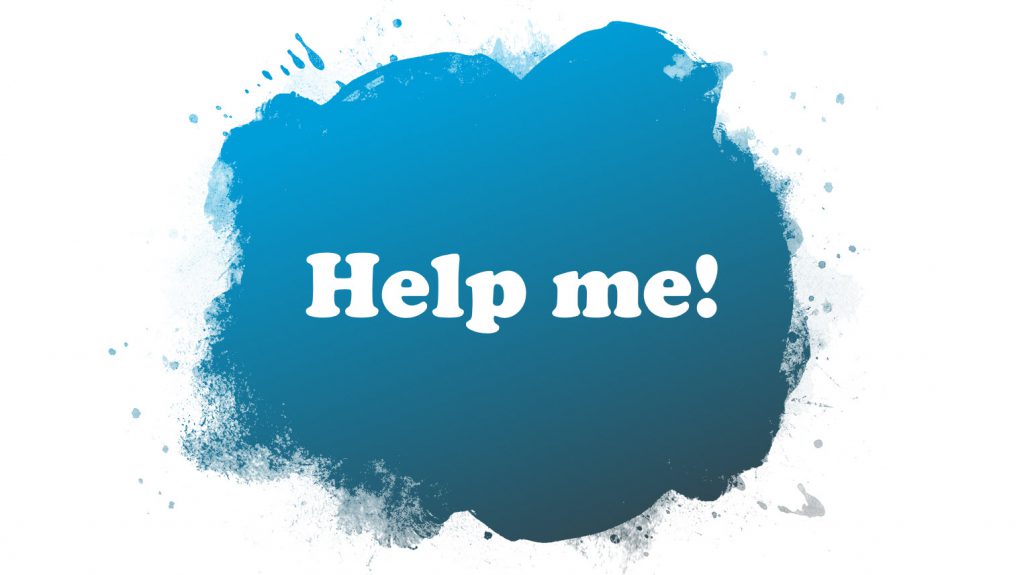
Getting more help
Feeling isolated and alone is very stressful. Connecting with others with similar experiences either informally or in organised self-help groups can be a big help. You can learn from others about what helps them and try things out to see what helps you.











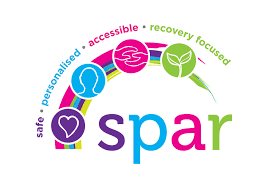
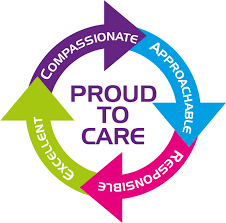






 Increase your activity where you can, try going for a walk. Exercise boosts mood and reduces anxiety, improves our general wellbeing and our ability to cope.
Increase your activity where you can, try going for a walk. Exercise boosts mood and reduces anxiety, improves our general wellbeing and our ability to cope. Many people find that if they are able to put together an account about what their beliefs are and how they fit in with their life experiences, they experience some relief and become less afraid.
Many people find that if they are able to put together an account about what their beliefs are and how they fit in with their life experiences, they experience some relief and become less afraid.